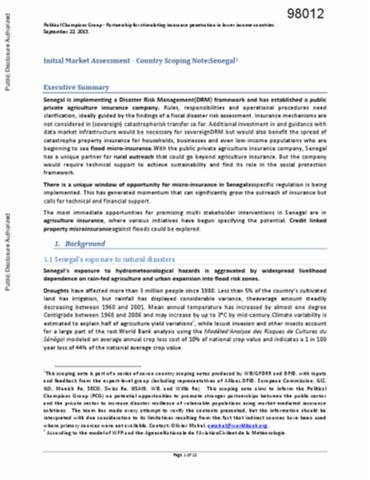Agriculture in Syria : Towards the Social Market
There are many reasons to believe that
Syrian agriculture has great potential for the future. The
liberalisation of agriculture in Eastern Europe delivered
rapid growth in the late 1990s and early 2000s. Countries
such as Armenia, Azerbaijan, Belarus, Bulgaria, Hungary,
Kazachstan, Romania and Russia achieved labour productivity
growth in constant US$ terms of over 7 percent between 1998
and 2004. Syria has a global comparative advantage in fruit




